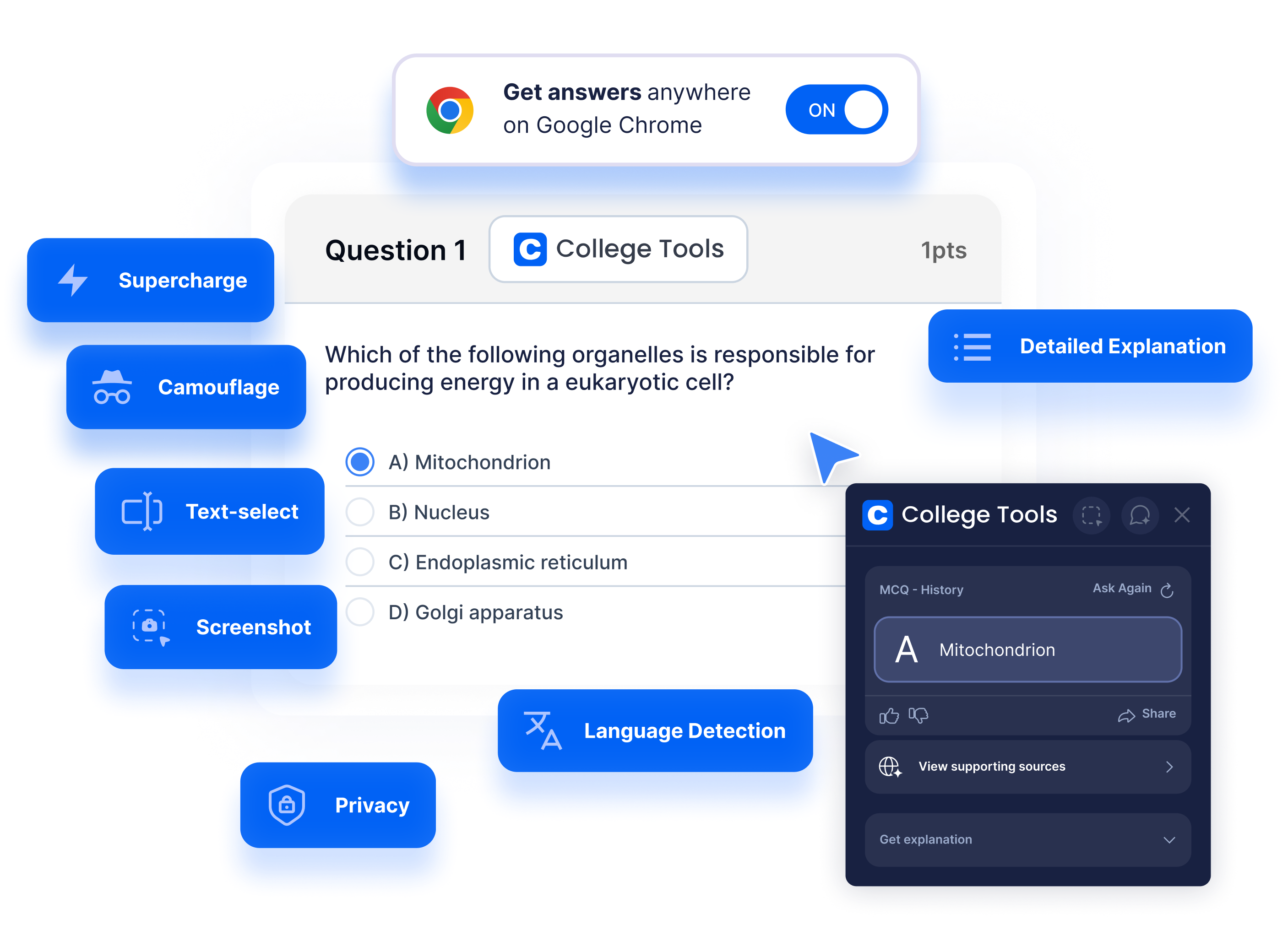Table of contents
Exploring Career Opportunities Within Arts and Humanities: A Q&A Guide
This Q&A guide is to illuminate the wide range of career opportunities available within the arts and humanities sector. Whether you are a student on the brink of choosing what to study, or already knee-deep in a discipline and considering career paths, this post should answer some of your questions on what an Arts or Humanities degree can do for you.
Q1. What are the Arts and Humanities?
Arts and Humanities are academic disciplines that study human culture and the analytical and critical methods employed in that study. They cover numerous fields, such as fine art, music, philosophy, history, literature, and linguistics.
Q2. Why should someone study Arts or Humanities?
Studying Arts or Humanities can build skills in creative thinking, critical analysis, and a focused understanding of history and culture. These skills can be applied across a variety of job markets, increasing your employability. Engaging with these subjects can also offer a profound sense of personal enrichment.
Q3. What type of careers can someone expect from an Arts or Humanities degree?
The careers are quite diverse due to the transferable skills acquired in these fields. The common sectors that generally attract Arts and Humanities graduates include media and communications, marketing, publishing, cultural institutions, and nonprofit organizations. However, an increasing number of graduates are finding fulfilling careers in tech companies or startups, public service, human resources, and even law.
The Arts and Humanities degree can also benefit a law practice. Law practices often require strong critical thinking and analytical skills, which are key learning outcomes in many Humanities programs.
Q4. How does one transition from Arts or Humanities to a non-related field?
Transitioning from Arts or Humanities to a different industry involves mapping out the skills acquired in your degree to the desired job profile. For instance, if you have done independent research as a part of your degree, this can be highlighted as experience in project management. Remember to maintain a focus on skills rather than subjects when discussing with potential employers.
Q5. Where can I look for career guidance in this field?
There are plenty of online platforms for career guidance, which include services like job postings, skill-building courses, and networking opportunities. A prominent example is LinkedIn. It's a great platform for making professional connections and exploring different career paths. Various platforms have ways to categorize jobs by field, such as 'Arts and Humanities', which can be a helpful starting point.
Q6. What is the job prognosis for Arts and Humanities graduates?
Despite the common misconception about the lack of jobs in this field, the employment in arts and humanities industries has been steadily increasing since the recession. Especially in a world that consistently changes under technological advancements, the skills and perspectives from Arts and Humanities backgrounds are increasingly sought-after.
Q7. Are these jobs typically well-compensated?
Compensation depends greatly on the specific role within the wider sector, the size and scope of the organization, and the geographical location. However, when considering compensation, it is also worth noting the intangible benefits of a role, such as work-life balance, job satisfaction, and growth opportunities. Keep in mind that a fulfilling career doesn't always mean the one with the highest paycheck!
Incorporating such tools as the ones you can find at College Tool's dashboard, students can navigate the vast field of Arts and Humanities, and explore the many career paths it provides.









